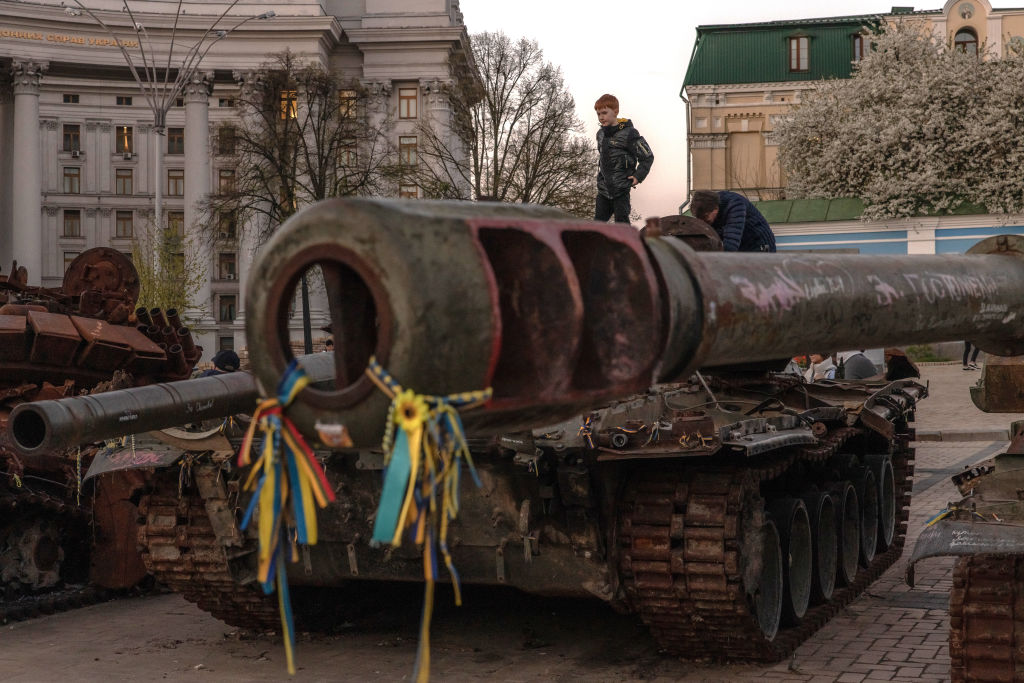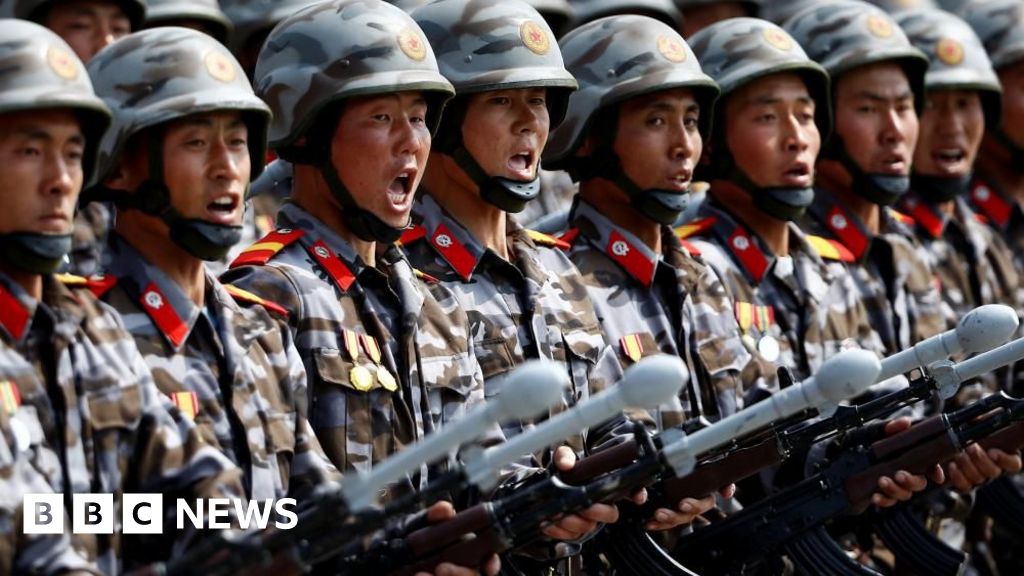As Israel’s siege on north Gaza continues, how are people coping? | Israel-Palestine conflict News
Israel attacked Beit Lahiya on Saturday, hitting residential buildings. At least 87 people have been killed or missing, according to the Government Media Office.
Israel laid siege to north Gaza more than two weeks ago and has been attacking everyone left in the area ferociously since, resulting in the deaths of many civilians.
Here is what you need to know about Israel’s ongoing assault in north Gaza:
What is Israel doing to north Gaza?
Israel launched the assault in northern Gaza on October 6, claiming it aimed to stop Hamas from regrouping.
The Israeli army’s Arabic spokesperson, Avichay Adraee, said Hamas had established “terrorist infrastructure in your region, exploiting the population, shelters, and health facilities as a human shield”.
Israel demanded the evacuation of civilians from large swaths, including Jabalia, Beit Lahiya and Beit Hanoon, calling on residents to flee south, including to the already overcrowded “humanitarian zone” in al-Mawasi.
Israel has attacked humanitarian zones several times, prompting the United Nations to say repeatedly that no place in the enclave is safe.
“We feel like we’re bodies without souls. The bombardment was intense and merciless around our house, disregarding the presence of children and women inside,” one northern Gaza resident told Al Jazeera. “Bodies are left in the streets. They’ve become food for dogs.”
Rescue efforts in the north have been hampered by a communications blackout and road obstructions due to the siege.
Meanwhile, the Israeli army released footage showing dozens of Palestinians being rounded up near the Indonesian Hospital, where many had taken shelter – people in wheelchairs are seen among those detained.
How many people are still there?
The evacuation order has affected some 400,000 people living there, approximately 20 percent of the population of Gaza, according to UN estimates.
Many of them are trapped, unable to leave due to intense bombardments, Israeli snipers and ground troops.
UN human rights chief Volker Turk on Thursday warned Israel that “any forcible transfer of a large part of the population of North Gaza would amount to a war crime”.
Analysts say Israel’s evacuation orders in Gaza indicate that those who cannot, or choose not to, leave are being considered military targets, with “evacuation areas” treated as “kill zones”.

What are the conditions for the people in northern Gaza?
No food aid has entered the north since October 2, the UN’s acting under-secretary-general for humanitarian affairs and emergency relief said in a report on Wednesday, adding “all essential supplies for survival are running out”.
She warned that while the distribution of “existing food supplies” was ongoing, these stocks were “quickly dwindling”.
The UN’s World Food Programme said on October 12 that the north was “basically cut off and we’re not able to operate there”.
James Smith, an emergency doctor who recently returned after working in Gaza, told Al Jazeera that he joined several aid and medical convoys that attempted to move from the south of Gaza to the north.
“More often than not, we were denied access by the Israeli military manning the checkpoints,” he said. “Very few UN convoys that attempted to reach the north have reached. This also, on occasion, meant we could not retrieve injured and sick patients from the north.”
The Israeli military has denied restricting aid supplies, saying that since October 1, more than 9,000 tonnes of humanitarian aid have entered Gaza through various crossings.
It said some of that aid was transferred directly into northern Gaza.
The Government Media Office refuted the claim, saying Israel’s “lies” about allowing trucks in are completely false.
How many people has the Israeli army killed?
Israel has killed at least 450 people in north Gaza since it besieged it on October 6, according to medics who spoke to Al Jazeera.
A major focus of Israeli attacks in the north has been Jabalia, the largest refugee camp in Gaza. It killed at least 33 people in Jabalia on Friday.

Are those injured able to get treatment?
Three hospitals remain partially functioning in northern Gaza – al-Awda, Indonesian and Kamal Adwan Hospital.
These health facilities have seen a massive influx of patients during Israel’s two-week-long siege, according to Gaza’s Ministry of Health.
On Friday, Director-General of Hospitals at the ministry Muhammad Zaqout said all three facilities had been bombed during this latest Israeli operation.
The ministry said two patients at the Indonesian Hospital died due to a power outage and the Israeli siege, which is preventing medical supplies from reaching them.
Meanwhile, one person was killed and others injured after Israeli forces bombed the entrance of the Kamal Adwan Hospital on Saturday.
However, despite evacuation orders by the Israeli military, doctors at all three facilities have refused to leave their patients.
Check out our Latest News and Follow us at Facebook
Original Source







